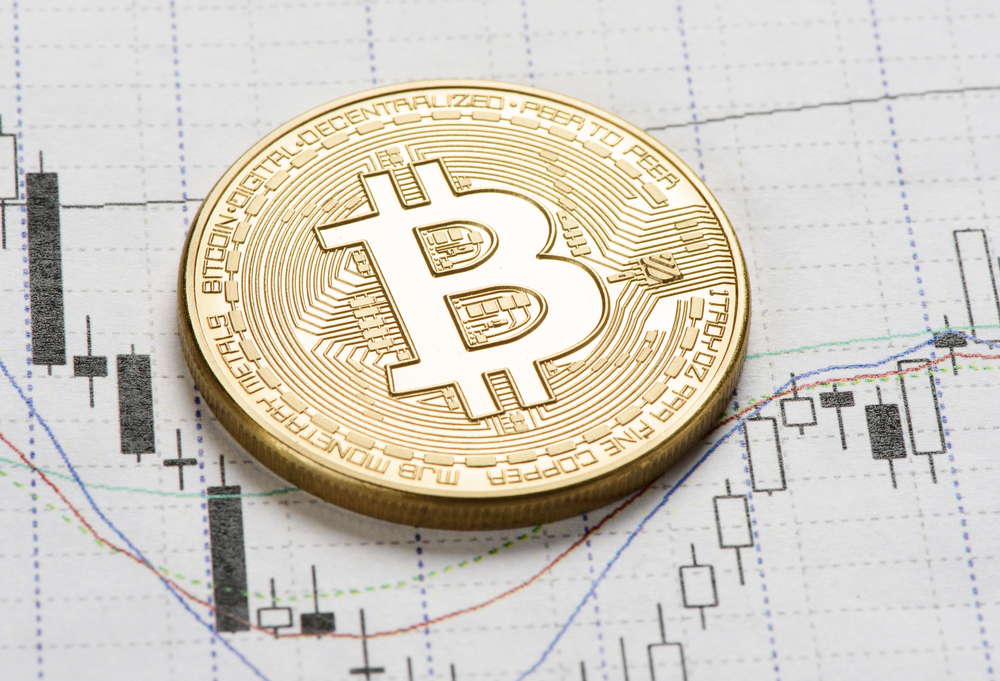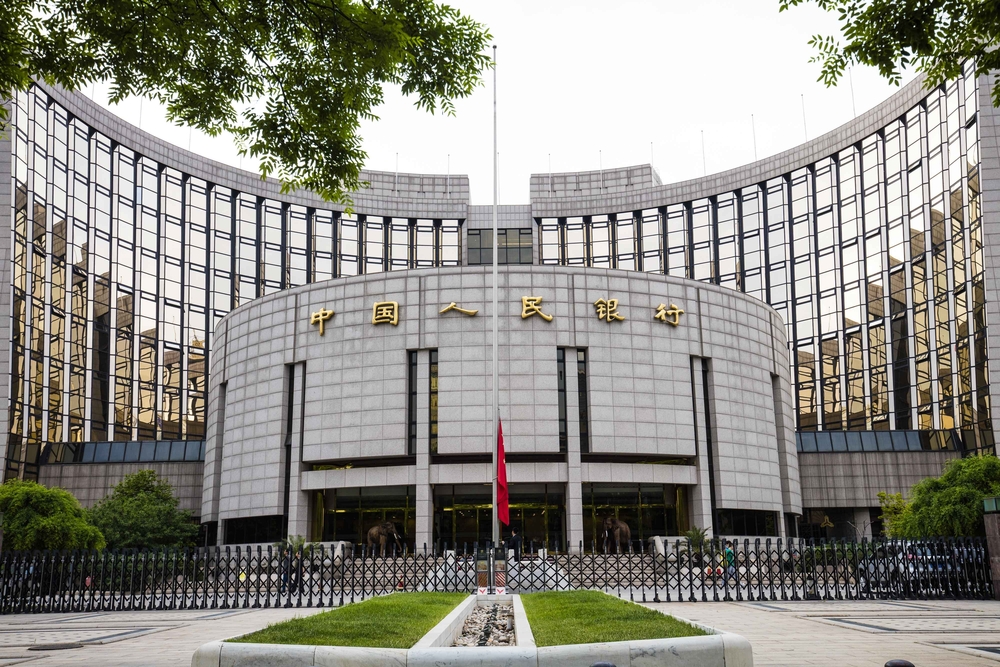Will PBOC’s Intervention Help or Harm Bitcoin?

Following complaints in a previous CCN.com article that PBOC was engaging in “secretive unilateral actions taken without any consultation nor any explanation,” China’s Central Bank responded yesterday with another notice. It appears to say little – the investigation will continue – but in fact PBOC announced that “problems have been found,” without any elaboration on what these problems are nor how they aim to address them.
Ecns.cn, the official English-language website of China News Service (CNS), China’s second largest state-owned news agency, reported last week:
“The result of an initial investigation showed BTCChina was engaged in illegal operations and financing activities. Funds and capital trading on the platform were also not guaranteed by third-party custody terms.
Two other major Bitcoin trading platforms, Huobi and Okcoin, which are under investigation by the central bank’s operations office in Beijing, were also reported to be engaged in illegal financing.”
It is not very clear what is meant by illegal financing, but it is clear that PBOC believes there have been “violations,” that “problems have been found” and that the investigation will “continue to focus on areas of payment and settlement, anti-money laundering, foreign exchange management, information and financial security and other aspects.”
Measures Taken
PBOC has ordered Chinese exchanges to stop providing futures and margins, sending bitcoin trading back to the stone age as you have to actually sell, wait for considerable price movements, then buy, with liquidity limited, thus volatility increased.
The last time bitcoin’s markets operated on largely no margins was in 2013. Then, price increased from $30 to $260 in days. It collapsed by 70% or more in just one day too. It repeated the same experience in late 2013 when it rose from around $100 to $1,000, again in just days, to collapse by 70% or more.
That can be compared to 2016 when price took more than a year to rise to around $1,300 in Chinese exchanges. When it collapsed, it did so by only 23%. Price then stabilized relatively quickly without the huge swings seen after the crashes in 2013.
It is because of this added liquidity and its corresponding decrease in volatility that foreign exchange trading platforms provide margins of as high as 2,000x, compared to just 20x that OKCoin.cn used to provide. As such, suggestions PBOC has demanded withdrawal of margins to reduce volatility are puzzling. So being the central bank, they certainly must know that the effect will in fact be a considerable increase in volatility.
Trading Fees
There have been suggestions that Chinese exchanges inflate their trading volumes to attract investors as higher volumes means higher liquidity and thus more potential profits as well as less risks. This is doubtful as if exchanges were running such bots themselves they would have turned them off around the 6th of January when PBOC held a meeting with BTCChina, OKCOin and Huobi.
No considerable volume changes were seen at that time, but after all three added a 0.2% trading fee, volumes collapsed by some 80%. Bobby Lee, CEO of BTCChina, told Business Insider that fees were not mandated by PBOC:
“They were not suggested. We knew these were things that they might do so we did it first.”
The collapse of trading volumes after fees were added seems to suggest it was high-frequency trading that was creating this liquidity rather than fake volumes. It is known many day traders use bots. Moreover, there are suggestions hedge funds with billions under management were high frequency trading on OKCoin.
For a mature market, charging no trading fees is standard. FX trading platforms, for example, usually only charge for withdrawals, with different providers competing based on the spread between the quoted buy and sell price. The benefit of this method for traders is liquidity. The less the cost of a trade, the more trade there is, the less the difference between buy and sell price, the lower the risk, the lower the volatility.
Without margins or futures and with trading fees, price discovery is now more difficult as day trading, which acts to lower volatility and increase liquidity, becomes more expensive. Crazy bubbles will again become the norm, with nothing to put some breaks on, followed by devastating crashes where many get burned.
Can PBOC’s Intervention Actually Be Good News?
One good aspect to PBOC’s intervention is that American and European regulators will now be under increased pressure to allow complying exchanges, such as Coinbase and GDAX, to provide margin trading, futures, options, and all other functions that mature markets take for granted.
We may further hopefully see added competition between established and perhaps new western exchanges to attract HFT traders by providing more competitive fee structures so that they gain a little in many trades rather than a significant amount in lower volumes.

Whether PBOC’s intervention itself will lead to a desirable outcome depends on what exactly they will find and what action they will undertake. If Chinese exchanges were directly engaged in manipulating the market – or playing poker while able to see everyone’s cards – then an end to the practice would be desirable. If they were engaged in any truly criminal activity, such as fraud or maybe theft, then perhaps there should even be punishment.
That, however, might be unlikely as although the exchanges were unregulated, Lee says they have been in close contact with PBOC over the past three years. Moreover, Chinese exchanges uniquely have never been hacked, but PBOC might consider the provision of margins in itself to be a violation or perhaps the non-capping of bitcoin purchases to $50,000 in line with China’s capital control rules.
However, unless there has been anything truly criminal, such as fraud, enforcement would be perceived to be unfair as they did not regulate bitcoin nor require any licensing from exchanges nor put them on notice. US regulators, for example, asked for compliance with FinCEN rules first in 2013, then took action only against those that did not comply following their notice, rather than retroactively apply the law. PBOC might, likewise, set up licensing requirements first before taking action for non-compliance.
Would PBOC’s Regulation of Exchanges be Desirable?
There are requirements most would say are desirable or even necessary. Exchanges, for example, should be independently audited every six months or yearly with the results publicly published so as to establish their solvency, to establish whether all customer funds are accounted and to further establish there has been no insider trading or market manipulation. Furthermore, the names of all exchange directors should be public.
There may be other reasonable requirements, but PBOC might not engage in any public consultation on what regulatory framework should apply. In that event, the end result may be, like China’s ghost towns, a framework that’s out of touch, perhaps draconian and perhaps even nonsensical.
We also do not know the intentions of PBOC. China might be less interested in protecting investors and more concerned with keeping the price down as Lee says “[t]hey’re a little bit unhappy with how the price goes up too much so they’ve been giving us some scrutiny.”
They prohibited the acceptance of bitcoins for payment in 2013, forcing Baidu, China’s Google, to withdraw the service. They’ve further interfered every time price increases with “China bans bitcoin” now a meme. Moreover, there are indications they may in effect nationalize exchanges by ordering them to require permission from a “third-party custodian,” which may translate to PBOC potentially manipulating the global bitcoin market at will whenever they please without any transparency or accountability.
On the other hand, there could be a desirable outcome if China engages in public consultation, asking for suggestions on what licensing requirements they should enact, followed by a reasonable regulatory framework that is truly solely concerned with protecting investors rather than more concerned with hampering the market.
But I fear that China might instead make one of the greatest strategic mistake in perhaps a century, in contrast to London’s most astute decision in 2014 which earned them the crown of Fintech’s Capital of the World.
Bitcoin is not just a currency, it’s a technology, and most visionary thinkers in the wider blockchain space that are intellectually driving the industry forward come from the bitcoin community. How this technology is treated is a litmus test for how wider blockchain based and fintech innovation is considered.
China faces the option of showing the world they can be a reasonable partner who welcomes innovation and has respect for global markets, or they can make it absolutely clear that the country remains fully unfree and operates in an arbitrary manner to such extent that it stifles the currently most innovative technology.
Their choice. It doesn’t come often.
[democracy id=”7″]
Disclaimer: The views expressed in the article are solely that of the author and do not represent those of, nor should they be attributed to CCN.com.
Image from Shutterstock.